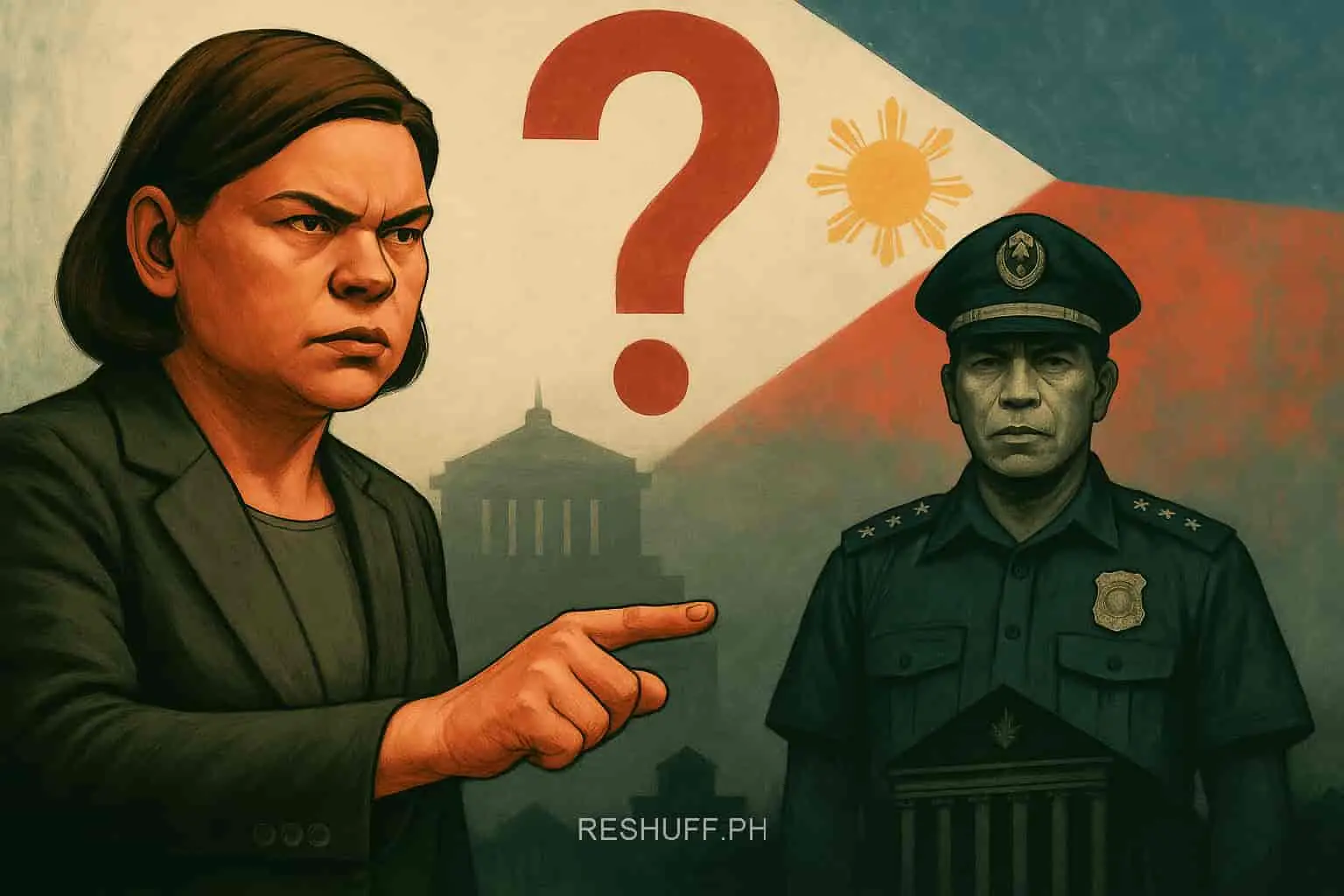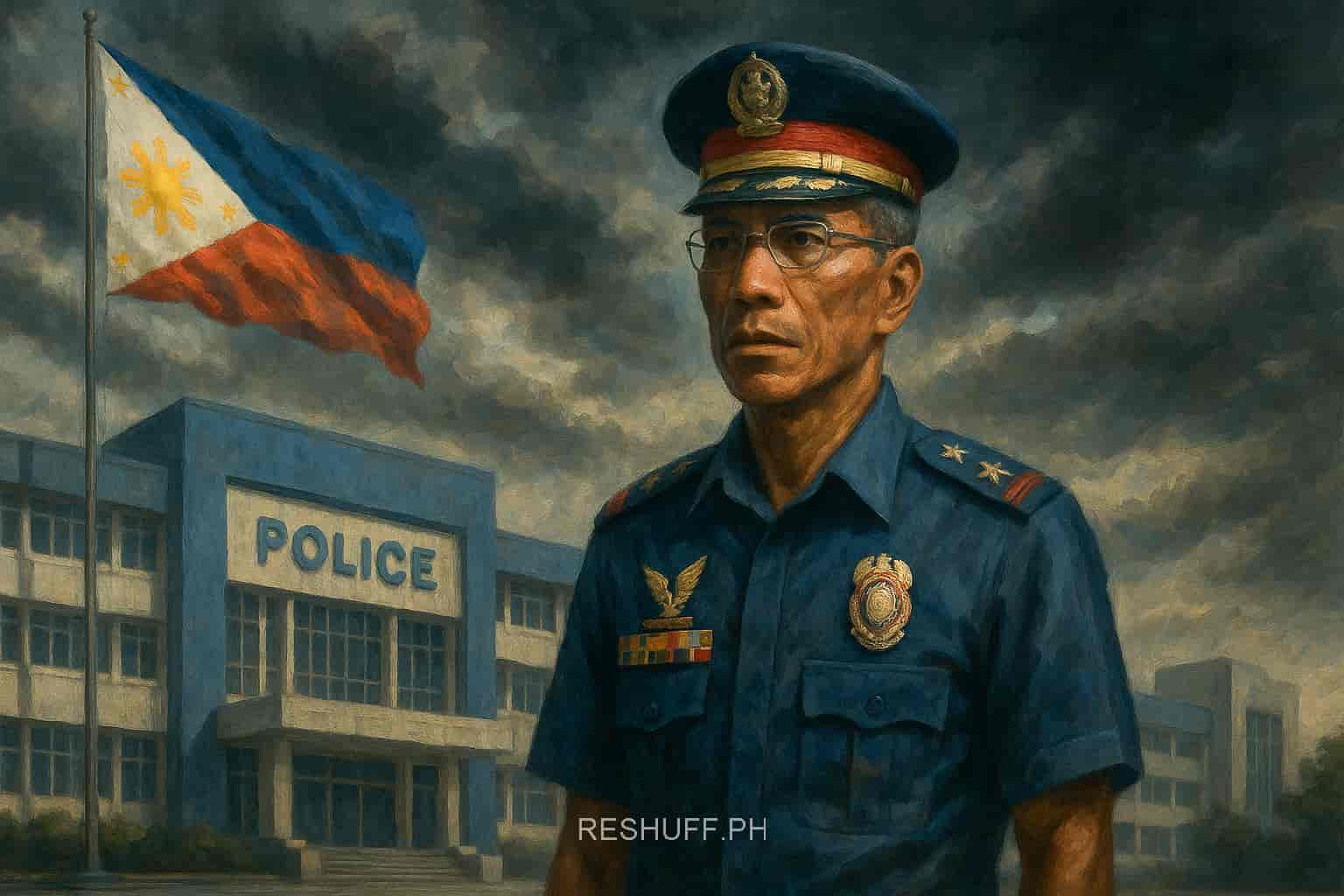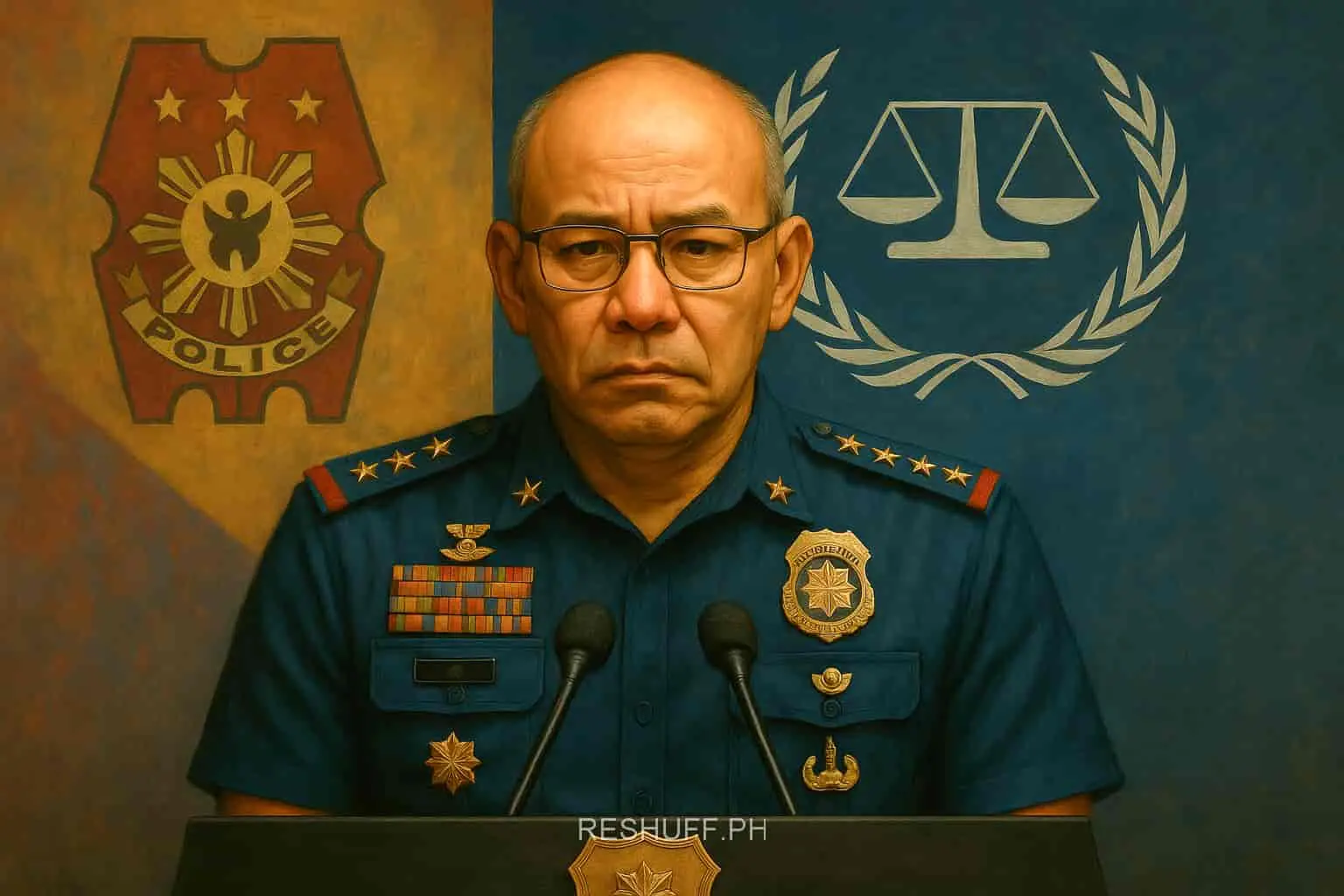Duterte Fights Back: Defense Team Challenges ICC's Right to Try Him for Drug War Deaths
The fate of thousands of alleged extrajudicial killings hangs in balance as former Philippine President Rodrigo Duterte’s lawyers launched a bold counterattack against the International Criminal Court (ICC). In a dramatic legal move revealed Thursday, Duterte’s defense team demanded his “immediate and unconditional release,” arguing the court has no legal authority to investigate him.
Lead defense attorney Nicholas Kaufman filed a 38-page challenge to Pre-Trial Chamber 1, striking at the very foundation of the ICC’s case. The document claims the prosecution failed to prove the court holds legitimate jurisdiction after the Philippines formally withdrew from the Rome Statute in 2019.
“The prosecutor has never demonstrated that the court was legally authorized to exercise jurisdiction after the Philippines’ effective withdrawal,” Duterte’s legal team argued. They insist this fundamental flaw means “all procedural steps” in the investigation “lack legal foundation and should be nullified.”
The stakes couldn’t be higher. Thousands of Filipinos, mostly from impoverished communities, lost their lives during Duterte’s controversial “war on drugs” – a campaign he launched immediately upon taking office in 2016.
The Withdrawal That Shook International Justice
The Philippines’ dramatic exit from the Rome Statute – the 2002 treaty establishing the ICC – came directly from Duterte himself. He ordered the withdrawal after then-ICC Prosecutor Fatou Bensouda announced in February 2018 a preliminary examination into the drug war killings. Current ICC prosecutor Karin Khan later inherited this volatile investigation.
Duterte’s defense argues that Article 12 of the Rome Statute, which requires non-member states to “accept” and “cooperate” with the court’s jurisdiction, clearly wasn’t met. They claim the prosecution “systematically confused jurisdiction and the preconditions to the exercise of jurisdiction.”
The defense also dismisses the prosecution’s reliance on Philippine court decisions, including a 2021 Supreme Court ruling that determined Duterte couldn’t escape the ICC probe simply by withdrawing from the Rome Statute. That ruling also stated he couldn’t cancel international agreements without Senate approval.
The Article 127 Debate
At the heart of this legal battle lies Article 127(2) of the Rome Statute, which states a country’s withdrawal shouldn’t affect its cooperation with ongoing criminal investigations that began before the withdrawal took effect.
But Duterte’s team calls this provision “irrelevant or inapplicable.” They argue “the court” mentioned in Article 127 refers only to judicial organs, not prosecutors, and that preliminary examinations aren’t “matters under consideration by the court.”
Even if preliminary examinations were covered, they argue it would only permit the Office of the Prosecutor to continue its work – not grant the court jurisdiction to try Duterte.
Marcos Administration's Complicated Position
The defense highlighted a curious political twist: current President Ferdinand Marcos Jr. reportedly provided a “written undertaking” that his government would not assist the ICC “in any way, shape, or form” – effectively shielding his predecessor from international prosecution.
This claim contrasts with Marcos’ public statements. While he initially declared his administration wouldn’t cooperate with ICC proceedings since the Philippines was no longer bound by the Rome Statute, his position shifted after Duterte boldly challenged ICC investigators to come arrest him.
Presidential Communications Office Undersecretary Claire Castro acknowledged the defense submission as “part of due process” but claimed no knowledge of any letter from President Marcos cited by Duterte’s team.
“If their defense is the ICC does not have jurisdiction, then that’s part of due process. Let them be,” Castro stated during a press briefing. She maintained that regardless of any purported letter, “the Philippines will not cooperate or intervene with the ICC’s mandate.”
As this legal drama unfolds, thousands of Filipino families continue waiting for justice, caught in an international tug-of-war between sovereignty claims and accountability demands.
Reshuff PH
Latest News In The Philippines brought to you by Reshuff PH





3 Responses